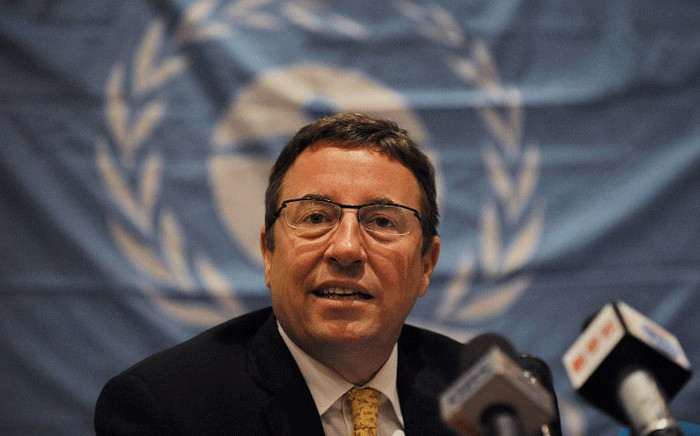Addressing food insecurity, high cost of living

Author, Martha Chemutai. PHOTO/FILE
What you need to know:
- According to recent data from the Uganda Bureau of Statistics (UBOS), gathered as part of routine inflation monitoring, cement prices have risen by 28 percent over this period, cooking oil by 57 percent, maize flour by 25 percent and matooke by 24 percent and laundry soap by 82 percent.
In recent months, Uganda has experienced a rapid rise in the cost of basic commodities. At its most extreme, in Karamoja and surrounding areas, food shortages have been responsible for more than 900 deaths since the start of the year.
According to recent data from the Uganda Bureau of Statistics (UBOS), gathered as part of routine inflation monitoring, cement prices have risen by 28 percent over this period, cooking oil by 57 percent, maize flour by 25 percent and matooke by 24 percent and laundry soap by 82 percent.
Similarly, monthly data collected from markets across the country by the World Food Programme (WFP) shows that market prices for staple foods have risen sharply.
While it is possible that food producing households will see some benefit from the increased food prices, the increases will effectively wipe out any such gains.
In part, these price rises are linked to global matters, particularly the ongoing effects of the Covid-19 pandemic and the impact of the Russian invasion of Ukraine. However, this should not allow us to escape local factors that exacerbate the issue.
The background context is highly relevant. Households with livelihoods that are more vulnerable to such price shocks will feel the pain of increases more acutely than those with more livelihood security.
Most particularly, many Ugandan households were already experiencing food stress before the current crisis struck. A 2021 survey by Twaweza’s Sauti za Wananchi, shows that half of all households (48 percent) ran out of food at some point in the previous month, a similar number were hungry but did not eat (46 percent) and more than one out of three (37 percent) went for a whole day without eating. The data also show that these forms of food stress are long-standing – the norm for many households in Uganda.
Although these figures are alarming, the overall averages should not blind us to the fact that food stress varies according to household economic status. Poorer households are twice as likely as wealthier households to have gone a whole day without eating in the previous month.
For further evidence of such inequalities, we can look at household asset ownership. This varies widely between urban and rural households. For example, nine out of 10 wealthier households (90 percent) own a television, compared to 0 percent in poorer households, and urban households are four times as likely as rural households to own a TV. Similarly, radio ownership is only 17 percent in poorer households, compared to 75 percent in wealthier households.
Given that asset ownership is lower and food stress is already higher in poorer parts of the country, it is not surprising that the effects of food shortages and the rising cost of living have had a more severe effect in Karamoja.
Two aspects of the price rises are of particular note. First, the price increases include fuel, which has a knock-on effect on the prices of other products, high transport costs affect prices of goods.
Second, the increases also affect food produced by many households across the country, which could mean that these households are also receiving better prices for their produce. However, it is unlikely that such households are earning much, if any, benefit from this. It is likely that part of the price increase is absorbed by increased costs for transporting produce to market, and is not therefore being passed on to producers.
It is good to see MPs from Karamoja asking questions in Parliament on this issue. Action by government and aid agencies to address the situation in the north-east is clearly needed. But we should not forget that the problems of food prices and food stress are not limited to one part of the country.
We are all struggling to cope with inflation, and the poorest are suffering most. The situation demands a response that works for the whole country.
The writer is the manager, advocacy at Twaweza
Ms Martha Chemutai is the manager, advocacy at Twaweza.




